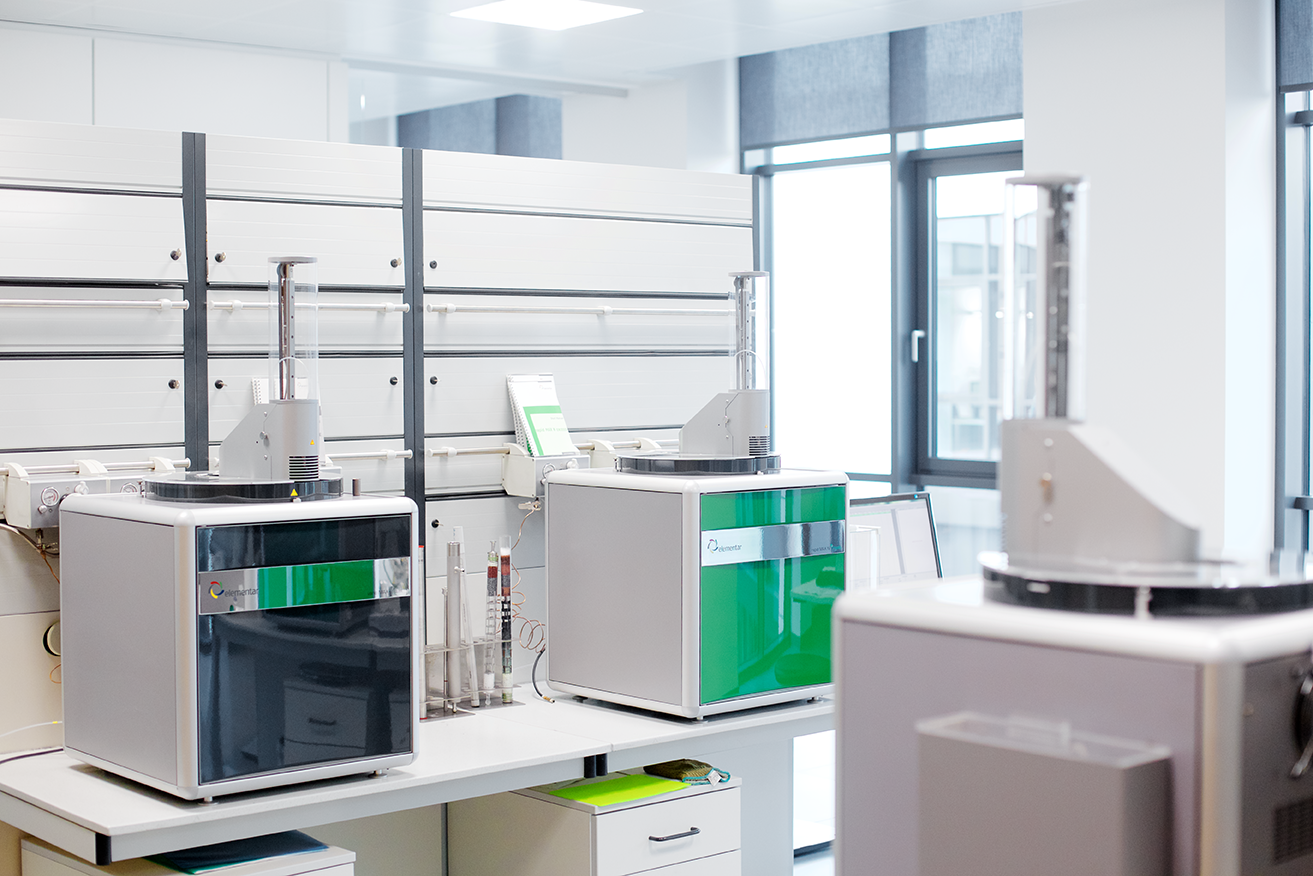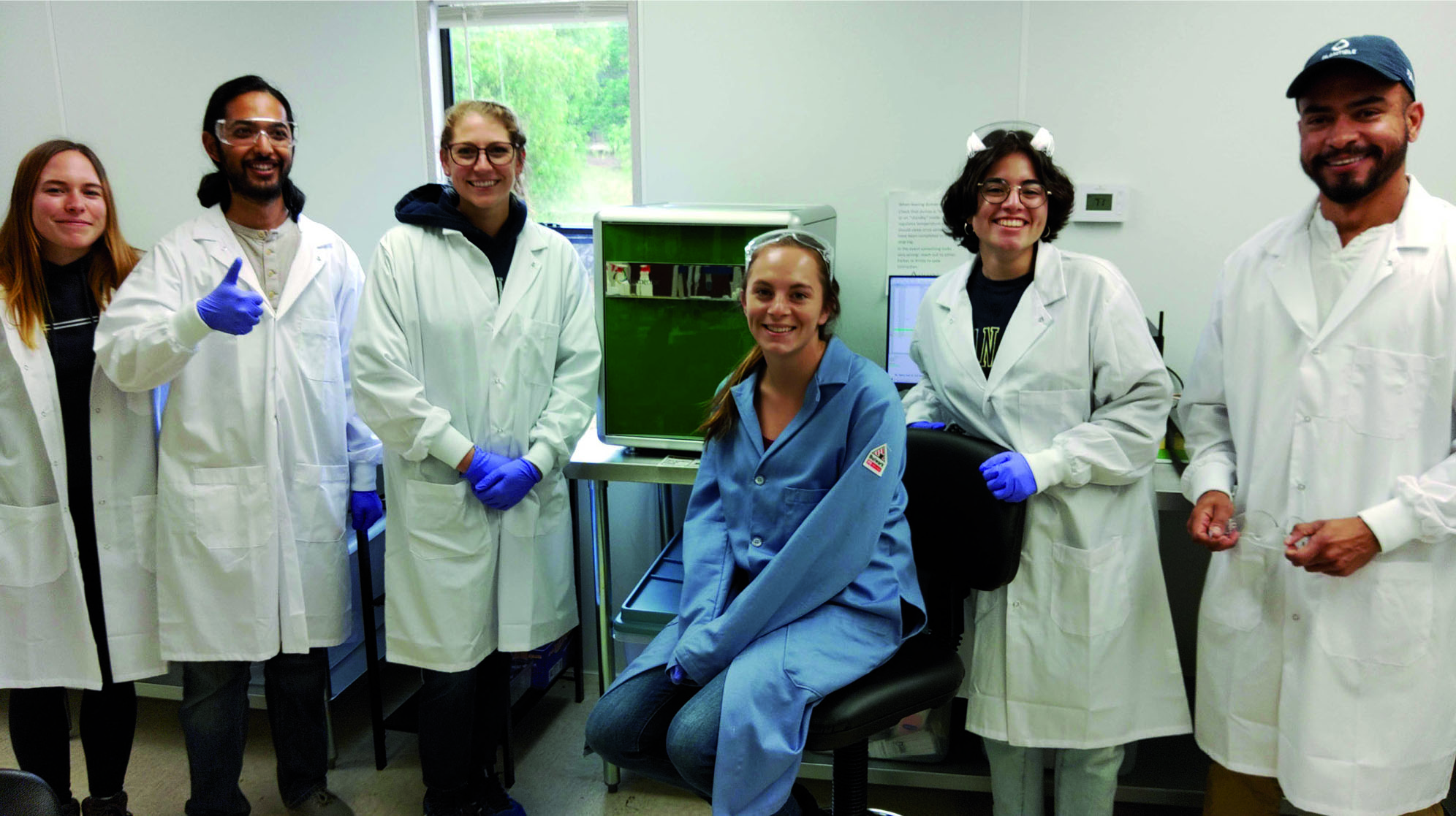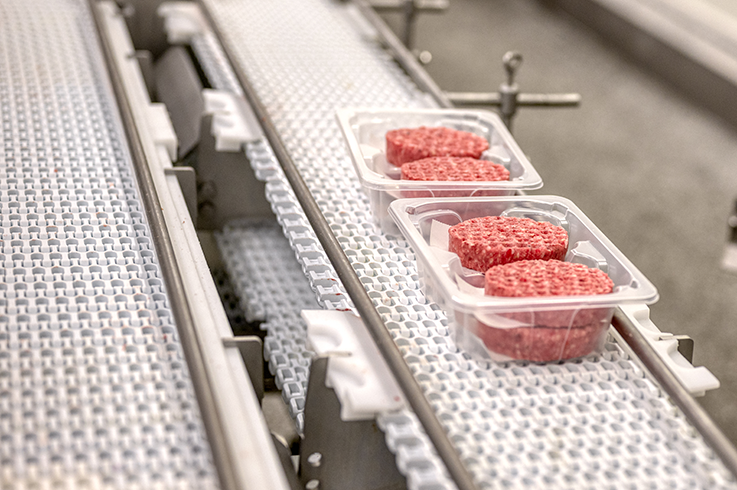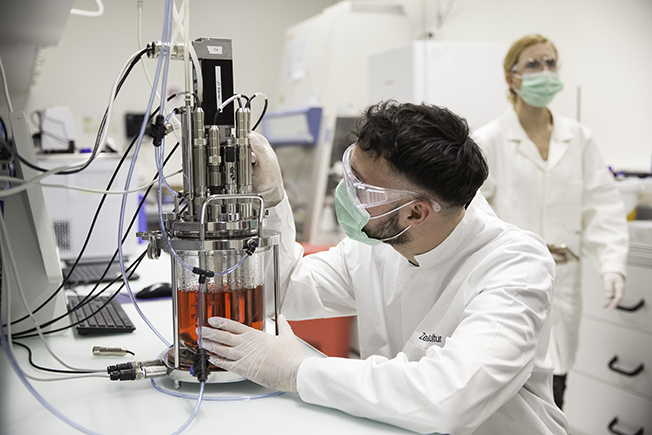

Accurate analysis is key to success in the alternative protein market
Elementar’s nitrogen protein analyzers are a game changer for the alt-protein sector, delivering fast and accurate protein content analysis on a variety of alt protein sources, allowing producers to streamline R&D while maintaining quality control
The burgeoning novel foods sector is constantly pushing boundaries, introducing new protein sources and formulations to meet growing consumer demand for sustainable, healthy, and diverse dietary options. Accurate and efficient protein analysis is paramount for this industry, playing a crucial role in research, development, quality control, and labeling. Elementar’s nitrogen protein analyzers – built upon the well-established Dumas combustion method – have emerged as powerful tools for these endeavors, offering a robust and reliable solution for protein determination.
In the context of novel foods, accurately quantifying protein content is critical for several reasons. Precise protein content data enables researchers and developers to optimize formulations, ensuring consistent protein delivery across batches and adherence to target nutritional profiles. This is especially important when incorporating alternative protein sources with varying inherent protein levels.

Novel food products must also meet stringent regulatory requirements for protein content. Elementar’s analyzers therefore provide reliable data for quality control processes, ensuring products comply with labeling regulations and consumer expectations.
Protein content and type also impact functional properties, such as texture, mouthfeel, and stability. Understanding protein content means producers can tailor formulations for desired functionalities.
Dumas method
The Dumas combustion method, as leveraged in Elementar’s analyzers, is a widely accepted and standardized technique for protein determination. It involves combusting a sample at high temperatures, and converting organic nitrogen into gaseous nitrogen oxides. These oxides are then quantified, and the protein content is calculated based on the well-established conversion factor of nitrogen to protein. The Dumas method is renowned for its accuracy and precision, providing reliable protein content data essential for R&D in the novel foods sector. Modern Elementar analyzers, such as the rapid N exceed, boast analysis times as low as three to four minutes per sample, which accelerates workflows and research timelines.
Elementar’s analyzers are playing a vital role in characterizing the protein content of various plant-based ingredients such as legumes, grains, and oilseeds, facilitating the development of plant-based meat alternatives with targeted protein levels. But it’s not just plant where Elementar’s analyzers excel. Fungi-derived protein, or mycoprotein, is gaining traction as a novel protein source, and Elementar’s analyzers are supporting research on optimizing mycoprotein production processes. Even in the field of cell-cultivated meat, precise protein analysis is required. Again, Elementar’s analyzers enable researchers to monitor protein content in cultured meat cells and optimize growth conditions for desired protein yields. They can even analyze insect biomass, aiding research on optimal insect farming practices and formulation development for insect-based foods.

For plant-based food producers, specifically, lab and production teams require accurate, reproducible data to keep a watchful eye on aspects such as changes in processing, and how that could impact the final product. “I firmly believe that it’s crucial for both the production and R&D teams to have a high-capacity protein analyzer capable of unattended testing,” says Joseph Thomas, CEO of Elementar Americas. “Achieving plug-and-play functionality, especially in the field of analytical technology, may seem ambitious, but it’s the ideal scenario. We aim for high-volume, unattended operations with precise and reliable results. We want our teams to have the autonomy to experiment and innovate in this rapidly growing space.”
The Plantible story
Founded in 2018 by Tony Martens and Maurits van de Ven, Plantible Foods is aiming to revolutionize food industry with Lemna, a fast-growing aquatic plant commonly known as duckweed. Plantible leverages a vertically integrated system to cultivate Lemna and produce ‘Rubi Protein’, a complete and allergen-free plant protein.
Plantible Foods’ remarkable growth in 2021 – with a 150-fold increase in production capacity and construction of a pilot plant – fueled the need for enhanced protein analysis capabilities. To optimize Lemna cultivation and Rubi Protein extraction processes, the company invested in a new laboratory platform in 2022. The technology enables rapid and precise measurement of both nitrogen and protein content.
The ability to conduct roughly 12,000 analyses annually with the rapid N exceed system empowers Plantible Foods to accelerate their mission of revolutionizing the plant-based protein supply chain
At the time, Dr Parker Lee, who was Plantible Foods’ R&D head until August 2022, selected Elementar’s rapid N exceed platform for rapid nitrogen and protein analysis across Lemna’s growth stages, extraction processes, and final products. The user-friendly design, minimal maintenance needs, and high automation of the rapid N exceed system were key factors.

After adopting Elementar’s rapid N exceed system, Plantible saw huge improvements in protein production, with the technology offering a clear advantage over traditional colorimetric assays, especially when analyzing diverse sample streams. Plantible especially emphasized the benefits of the system’s autosampler, enabling continuous analysis, and the cost-effective CO2 mobile phase compared to traditional options such as helium and argon. The ability to conduct roughly 12,000 analyses annually with the rapid N exceed system empowers Plantible to accelerate their mission of revolutionizing the plant-based protein supply chain.
Depending on the specific protein analyzer required, Thomas says Elementar’s solutions offer exceptional efficiency at a low cost per sample. “Some customers prefer unattended operations. They want the flexibility to work on other projects and run different samples without being tied to the analyzer all day. This means they can load their samples, start the process, and then focus on other tasks. Or they can load samples at the end of the day and return in the morning to find their results, making it a 24/7 operation. They appreciate the versatility of our analyzers, which can handle a wide range of samples and weights.
“If you take a look inside one of our analyzers, you’ll see the level of investment we’ve made to prioritize our customers. Maintenance is tool-free; you don’t need special equipment to operate it. We’ve designed our fittings to be easily removable by hand, eliminating the need for a tool or even a regular screwdriver.
“It also has a small footprint, making it suitable for labs with limited space,” Thomas says. “It also performs full combustion analysis on the sample itself, eliminating the need for separate aliquot testing. Lastly, our instrumentation is eco-friendly. We avoid using harsh and toxic chemicals in our consumables, so you don’t need safety gear, like hoods, masks, or nitrile gloves to operate it. Of course, safety in the lab is important, but we’ve minimized the use of substances like sulfuric acid commonly found in other chemical analyses on the market today.”

Revolutionizing protein analysis
Located in Fresno, California, JM Lord offers a wide range of analysis services to improve crop production and environmental conditions. Their commitment to precision ensures accurate results for various sample types, including plant tissue, compost, fertilizer, dairy wastewater, and soil. JM Lord’s success story reflects remarkable growth over the past 45 years. But that expansion brought a surge in both sample volume and customer demands. To keep pace, their analytical lab needed a significant upgrade.
Since 2017, Elementar’s analyzers have been the backbone of JM Lord’s analytical lab. Three rapid MAX N exceed protein analyzers and one vario MAX cube elemental analyzer power their operations. The first rapid MAX N exceed, installed in February 2017, revolutionized their protein analysis. This dedicated instrument delivers consistent, accurate measurements of total nitrogen in diverse samples like soil, plant tissue, and water. Automation and minimal downtime were game changers for JM Lord. Beyond these benefits, they reportedly appreciated features such as the 90-sample carousel for high throughput, the ball pan fittings that ensure gas containment, and the efficient furnace design that guarantees complete sample combustion. The instrument’s sleek design, compact size, and cost-saving features like reusable crucibles and the ability to use argon instead of helium further enhance their experience.
JM Lord emphasized how the rapid MAX N exceed empowers them to “just do more” – a critical factor in meeting surging sample volumes and customer demands, especially during peak seasons when they process 400 to 800 samples daily. Automation allows it to run samples overnight without supervision, significantly boosting lab efficiency. Thanks to this advanced technology from Elementar, JM Lord now analyzes up to 16 times more samples daily.
For more information visit www.elementar.com
If you have any questions or would like to get in touch with us, please email info@futureofproteinproduction.com


%20ILVO%202.jpg)

.png)
